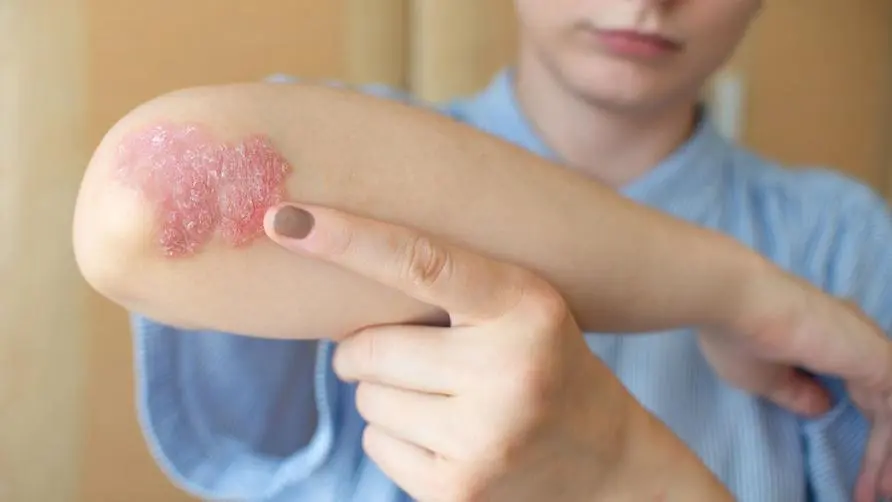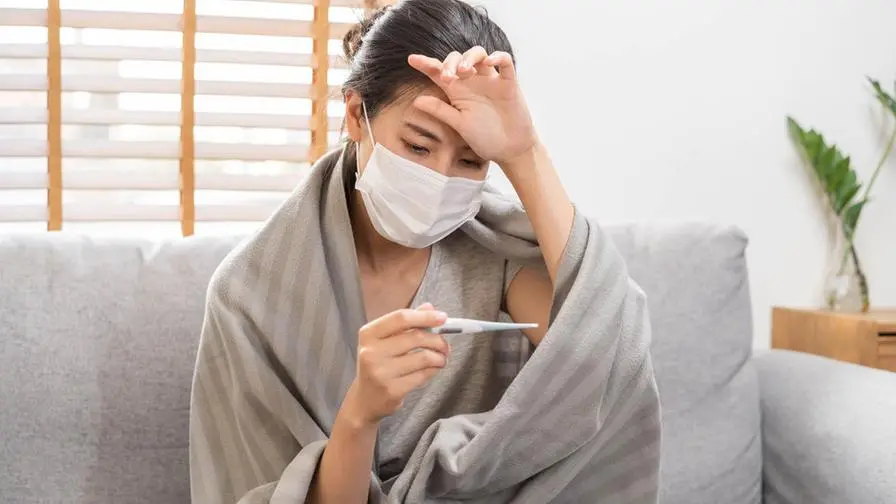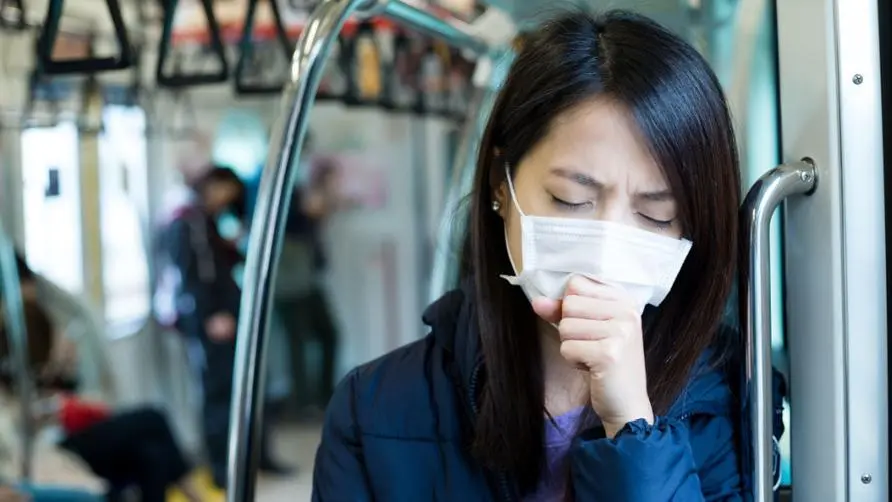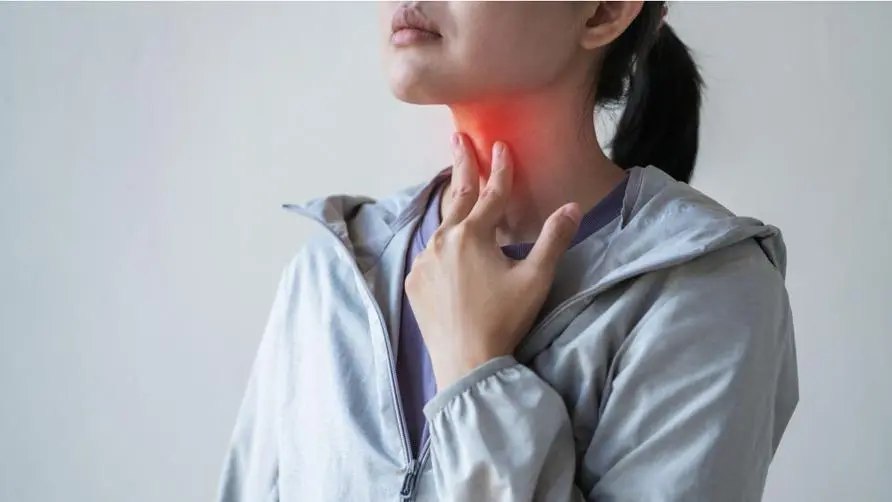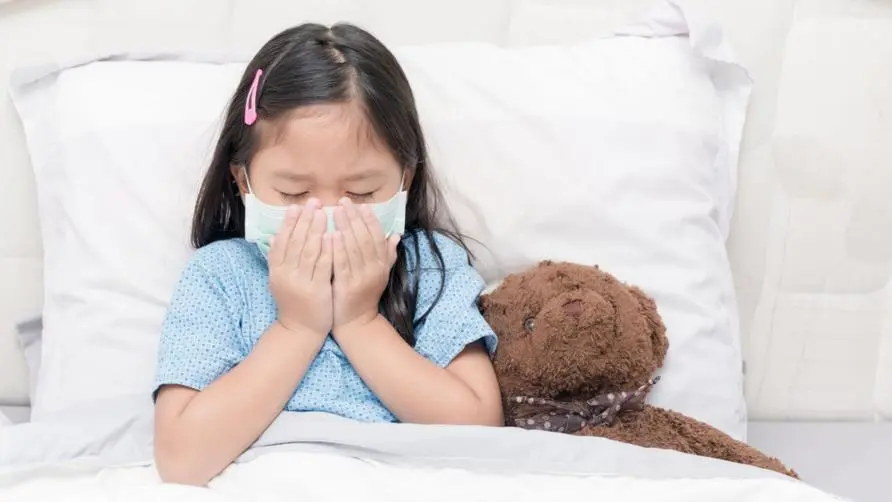What should I do if I keep coughing after being infected with Mycoplasma pneumoniae? Otolaryngologist reveals 8 tricks to relieve symptoms
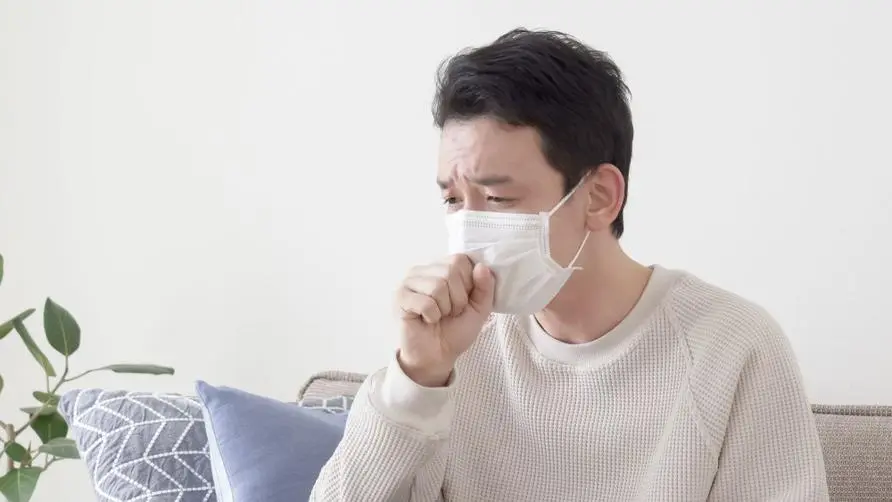
The main mode of transmission of Mycoplasma pneumoniae is through droplets. When a patient coughs, sneezes or talks, droplets carrying the bacteria are released into the air. Others may be infected by the bacteria after inhaling these droplets. Compared with other infectious diseases, this bacteria spreads more easily in closed or densely populated environments, such as schools, dormitories, hospitals, or other group settings.
What is the main mode of transmission of Mycoplasma pneumoniae? Is it particularly easy to get infected in crowded spaces?
Additionally, transmission can occur in close contact situations, such as being in close contact with an infected person without appropriate protection. How are the common symptoms that occur after Mycoplasma pneumoniae infection different from influenza, colds, and respiratory tract fusion viruses? Mycoplasma pneumoniae infection usually causes the following symptoms:
Cough: It may be dry or may produce a small amount of phlegm.
Fever: The temperature may be higher but is usually not as severe as the flu.
Asthenia: Feeling tired and weak.
Sore throat: Sometimes there is throat discomfort.
Dyspnea: Mild difficulty breathing may occur.
The main difference between Mycoplasma pneumoniae infection and that of influenza, colds, or other respiratory viral infections is the duration and characteristics of symptoms.
Mycoplasma pneumoniae infection usually has a long incubation period, and symptoms may persist for several weeks. Unlike the flu, the fever may not be as severe but lasts longer. Additionally, infection with Mycoplasma pneumoniae may cause more coughing, especially dry cough, associated with fatigue and mild dyspnea than common cold viruses.
Why is mycoplasma infection a “walking pneumonia”? Doctor: Symptoms may last longer than the flu!
Mycoplasma pneumoniae is said to be called “walking pneumonia” and can cause prolonged coughing? Is it possible to have mycoplasma, influenza, or other viral co-infections at the same time? Mycoplasma pneumoniae is called “walking pneumonia” because the symptoms of pneumonia caused by it are usually mild. While the lungs are inflamed and infiltrated, the patient can still move around, but will have a slight chest tightness and a persistent cough.
As for whether influenza or other viruses will be combined at the same time? In fact, it’s “quite a chance”! Because Mycoplasma pneumoniae itself likes to invade “patients who already have upper respiratory tract infections or have poor immunity.” However, such patients should have a very hard time. They may have high fever and soreness for 3-5 days, followed by chest tightness and persistent cough for 2 or 3 weeks.
Who is more likely to have Mycoplasma infection? Should you be more careful about “complications” if you have a history of pneumonia or chronic diseases?
Who is likely to have severe symptoms of Mycoplasma pneumoniae infection? Infection is common among young people and school-age children, and transmission within households is most common. People who live or work in places such as schools, university dormitories, the military, nursing homes, and hospitals are at higher risk of infection. At the same time, it is also likely to occur in patients who have previously suffered from other respiratory diseases, are still recovering, or have poor immune function.
Patients and young children with poor resistance are more likely to develop complications. For example, a small number of patients will develop serious complications such as severe pneumonia, asthma, encephalitis, hemolytic anemia, kidney function problems and skin diseases.
Is Mycoplasma pneumoniae “resistant” to antibiotics? How to relieve cough symptoms after infection?
Is there a clear “specific drug” for the treatment of Mycoplasma pneumoniae? In fact, Mycoplasma pneumoniae infection usually resolves on its own, but if pneumonia develops, antibiotic treatment needs to be considered. The usually preferred treatment drugs are macrocyclic antibiotics, including erythromycin, azithromycin, etc.; followed by fluoroquinolone antibiotics and tetracycline.
What should we pay attention to during antibiotic treatment of Mycoplasma infection? The latter two types of drugs mentioned above should be used with caution in pregnant women, children and teenagers. However, recent studies have shown that Mycoplasma pneumoniae is increasingly resistant to macrocyclic antibiotics, making treatment more difficult. For patients suspected of being infected with Mycoplasma pneumoniae, treatment selection should take into account their age and severity of clinical symptoms, and should be treated accurately based on clinical guidelines from Taiwan and abroad. More caution is needed in drug selection to avoid unnecessary antibiotic use and reduce the further development of antibiotic resistance.
As for what advice doctors will give patients on diet and life adjustments? Patients who are suspected of or have been infected with Mycoplasma pneumoniae should try to eat a light diet and reduce irritating foods, tobacco, and alcohol; they should also try to avoid cold foods. In life, try to avoid staying up late, exercise moderately, replenish water and take in appropriate amounts of vitamins.
Is there any vaccine available for Mycoplasma pneumoniae? Doctors reveal 4 tips to avoid “misfortune comes from the mouth” at the end of the year
There is currently no specific vaccine to prevent Mycoplasma pneumoniae, and patients who have been infected may also have the opportunity to be infected again. Daily protection is very important. In addition to maintaining a good physical condition, you must wear a mask if you or someone in the environment has respiratory symptoms (especially coughs); if you cough or sneeze, use a tissue. Cover your mouth and nose and discard immediately. If tissue paper is not available, use your upper arm or elbow instead. Never use your hands.
Wash your hands frequently with soap and rub them for at least 20 seconds. When there is no water, you can use dry hand sanitizer instead. If you have upper respiratory tract symptoms or have poor immunity, it is recommended to avoid attending gatherings during this period to reduce the chance of infection.
Further reading:
